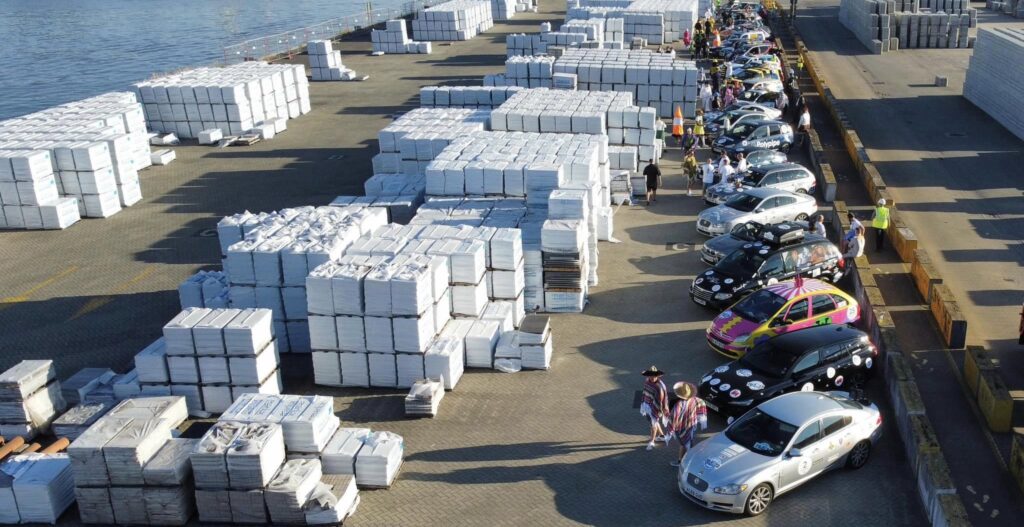
There is no denying that Covid-19 has had far reaching effects. It has affected lives in countless ways, sadly it has also triggered numerous shocks in the global economy, disrupting supply chains and destabilising demand. In this blog our experts discuss how businesses should begin to think more strategically and how it can help them to adapt to the new normal as industry evolves.
Scenario planning
Scenario planning is a vital tool; it helps us to examine how several different developments could affect your business in the short, medium and long term. There are a number of issues that will shape strategic thinking and help ensure resilience in industry.
Supply – is it secure?
The security of supply is a familiar theme, but it has a much wider relevance in a world living with Covid-19. The pandemic demonstrated the vulnerability of supply chains. In March many businesses found operations abruptly halted because a specific supplier had to shut its doors.
As economic activity recovers it provides the perfect opportunity to re-evaluate supply chain resilience. The argument for more flexible and shorter supply chains has been building for years. So now is the ideal time to begin redesigning supply chains to optimise resilience and speed, there is a prediction that localised and shorter supply chains will be favoured, at least in the shorter term.
Prepare for volatility
With the ongoing repercussions from Covid-19 being felt far and wide it has never been more important to prepare for market volatility. Businesses need to purposefully build in flexibility and resiliency to their short- and medium-term strategies.
Shocks will remain for some time, as the possibility of more new variants cause freight to be disrupted. Therefore, it is important that pandemic recovery isn’t seen as a linear process going directly from A to B, but rather an ongoing journey likely to include the negotiation of some bumps in the road.
Accelerate new ways of working
The experience of Covid-19 will almost certainly accelerate the drive towards new ways of working, especially from a workforce flexibility standpoint, but also with a focus on automation and digitalisation.
Businesses that had begun to digitise their operations prior to March have enjoyed greater built-in resilience during the crisis, reducing dependence on human resources. Sustained investment in these areas will ensure your business is better equipped to maintain continuity in supply chains, operations and customer management, reducing the load on their workforces.
During and after the 2008 financial crisis, businesses that were in the top fifth in performance were about 20 percentage points ahead of their peers. Eight years later, their lead had grown to 150 percentage points. The lesson: those who move earlier, faster, and more decisively do best.
Look towards the next normal
Increased physical distancing may become an ongoing reality, the repercussions of which may require the redesign of production lines and processes. The once routine, person-to-person dynamics may change.
The move towards Industry 4.0 – also called the Fourth Industrial Revolution – is a step towards a new and fast-improving set of digital and analytic tools designed to reduce the costs of operations while encouraging flexibility.
The Covid-19 pandemic offers us the chance to reinvent. Businesses will need to evaluate what worked well during lockdown and look at the opportunities this offers for future workforce productivity and flexibility. It is impossible to re-write history, but we can learn from it, evolve and adapt to emerge stronger into the new normal.
Bailey Products is proud to be based in the UK, we can support many UK businesses, helping to reduce the difficulties experienced with supply chains that stretch around the globe. Buying British means that your supply won’t be affected by Covid-19 or the ongoing Brexit ramifications. To speak to one of our experts about how we can help your business evolve and adapt get in touch.

